| Based on the comic book series Alias: Jessica Jones created by Brian Michael Bendis and Michael Gaydos, the 2015 TV series Jessica Jones is a fantastic character study that turns the notion of superhero stories on its head. Following Jessica Jones (Krysten Ritter), an incredibly strong ex-Avengers member turned private eye, the series eschews the costumed superhero norm by playing down Jessica’s powers and instead focusing on the psychology of the protagonist and other victims of the series’ “villain”, Kilgrave (David Tennant). Taking a neo-noir and psychological thriller approach to the classic detective tale, the series explores Jessica’s post-traumatic stress disorder (PTSD), as well as other important modern topics, such identity, self-will, and drug-addiction. When Jessica encounters other victims of Kilgrave, a man who has the ability to make people do what he says, and who she’s got a sordid history with, she tries to capture him. This leads to a series of clever plot twists as Kilgrave continues to elude Jessica despite her best attempts. One of the series’ strengths is that in most episodes, while Kilgrave’s abilities are obviously portrayed as a threat, the character himself, for the most part, seems very human, with his own weaknesses and frailties that, for a time, endear him to the audience. Tennant’s charismatic onscreen presence and realistic, yet occasionally larger-than-life, portrayal of the character make him very human in his angst towards and love for Jessica. Unfortunately, towards the end of the season, the writers eschew the psychological depth established in earlier episodes and turn Kilgrave into a stereotypical villain. In the beginning, Jessica, too, shows much psychological depth in the way she copes with her PTSD. Further, the development of the support group for Kilgrave victims demonstrates a level of maturity not seen in other television writing. However, this too is eschewed in later episodes as Jessica’s quest to stop Kilgrave becomes all-consuming. Jessica, a dark, sombre character driven to stop Kilgrave, is very much an anti-hero with a tough exterior. Yet, at times we get a glimpse of the woman behind this persona and we come to understand that her tough “G. I. Jane” personality protects a vulnerable person. Each episode moves at a brisk pace and is executed with movie-like production. The show includes a sizable cast, from well-known actors like Carrie-Anne Moss, who plays driven lawyer, Jeri Hogarth, to lesser knows like Rachael Taylor who plays Jessica’s best friend, Trish Walker; Mike Coltler as Luke Cage, another hero in hiding; Wil Traval as NYPD sergeant Will Simpson; and Eka Darkville as Jessica’s drug-addled neighbour, Malcolm Ducasse. All give great performances, making each episode seem very believable. Drawing audiences in with its realistic portrayal of this material, Jessica Jones is an in-depth character study, thrilling ride, and an interesting psychological study of the frightening possibilities and repercussion of having someone control you. It comes highly recommended. 4 ½ stars |
|
0 Comments
|
Archives
July 2023
Categories
All
|
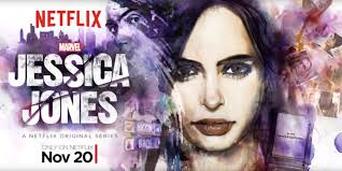
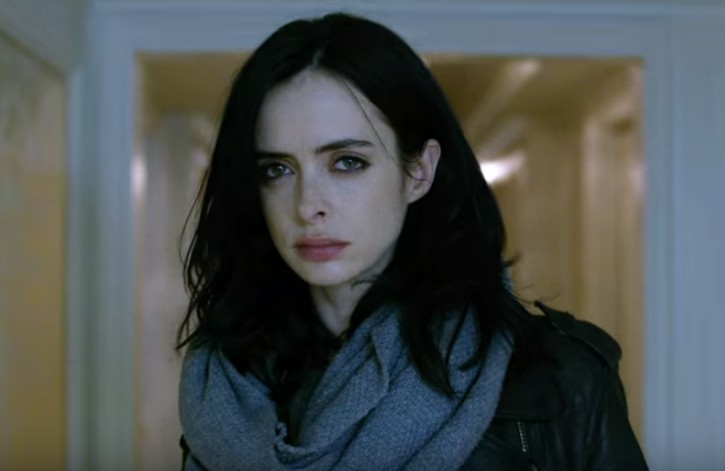
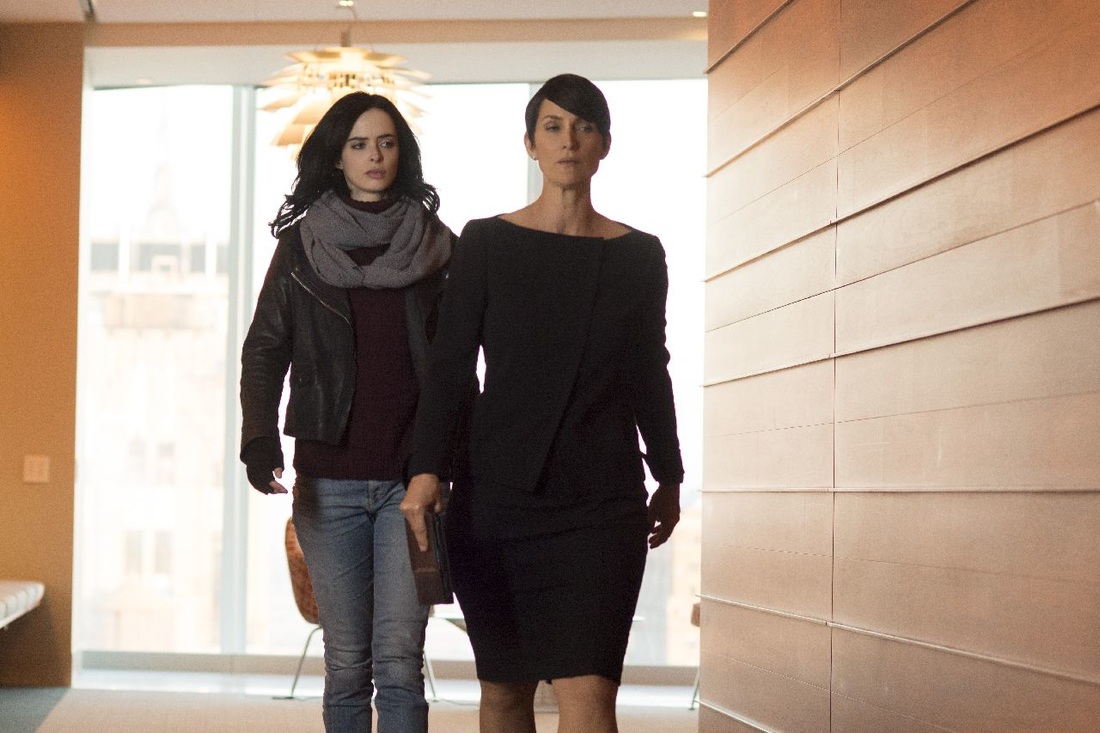
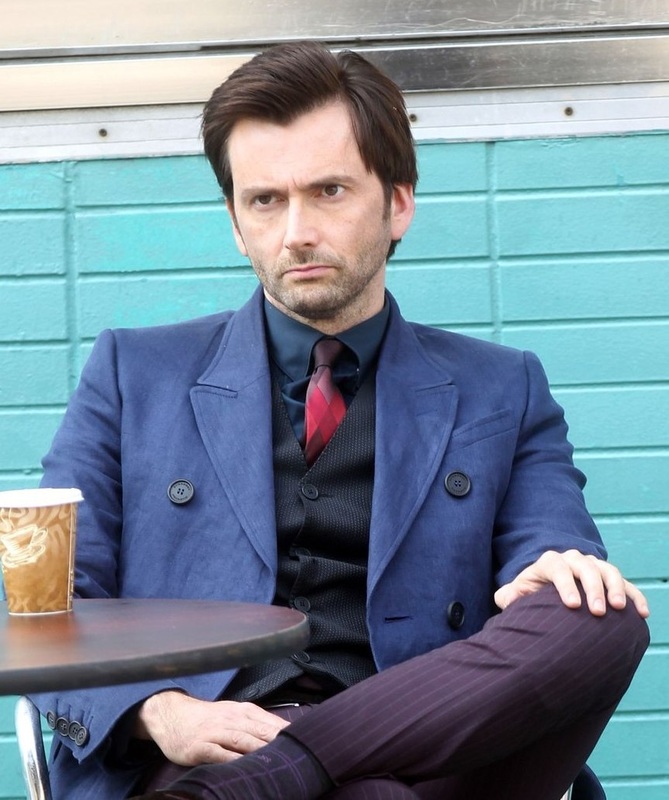
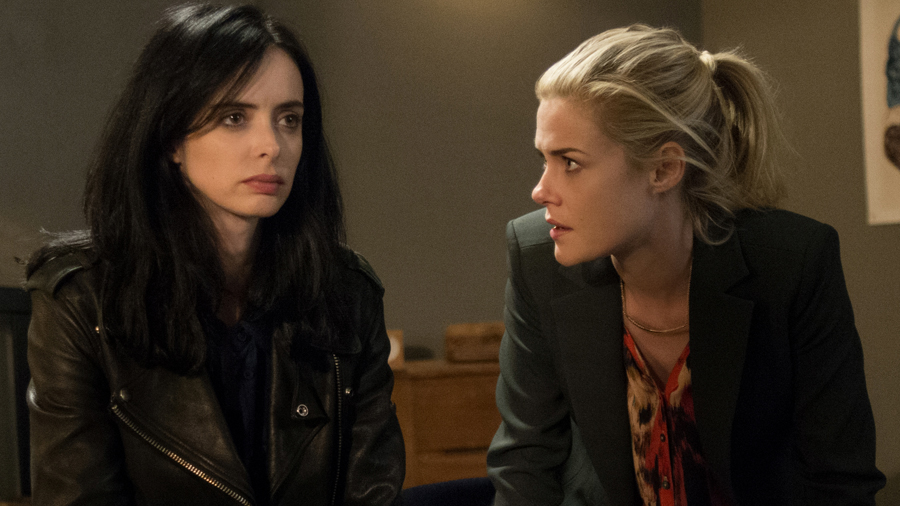
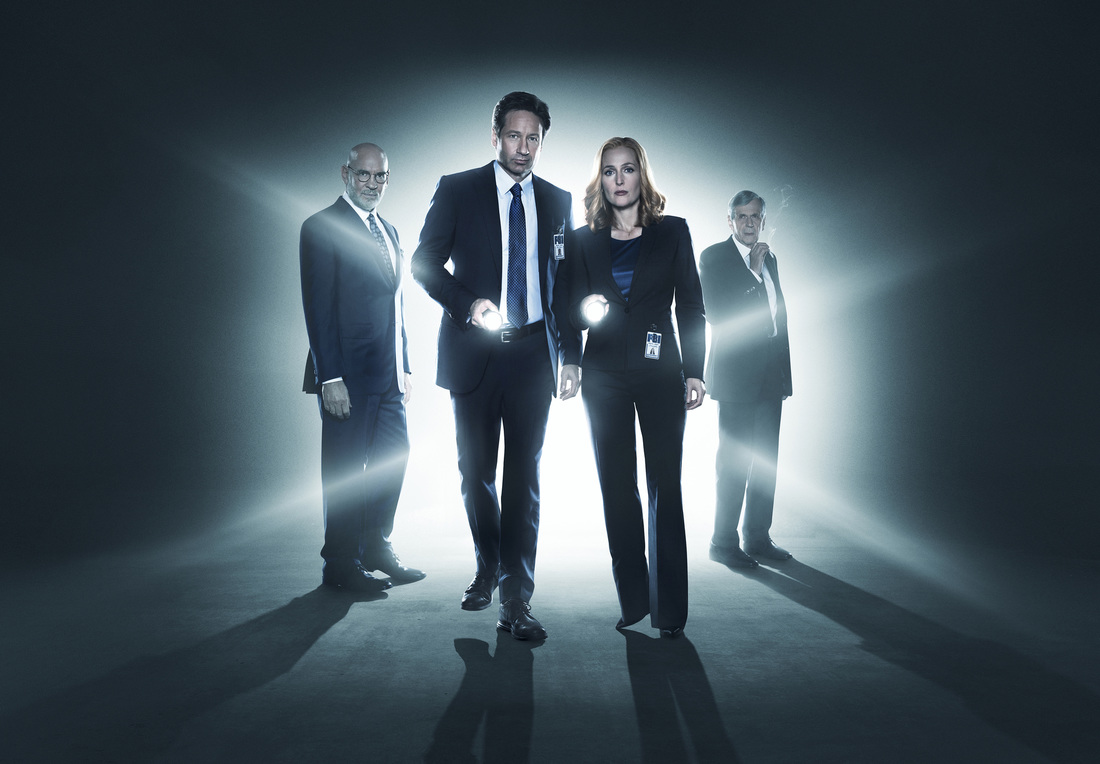
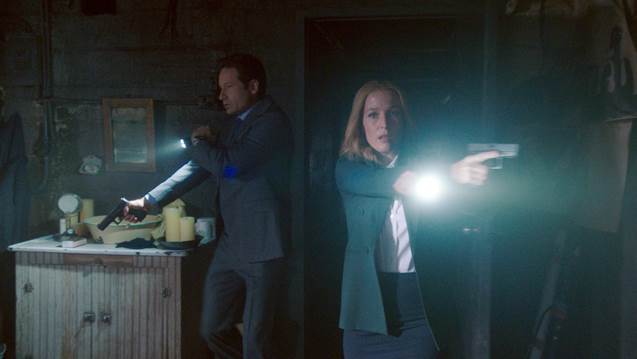
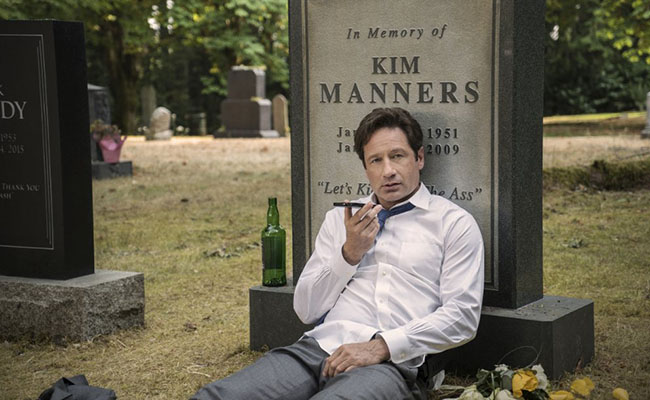
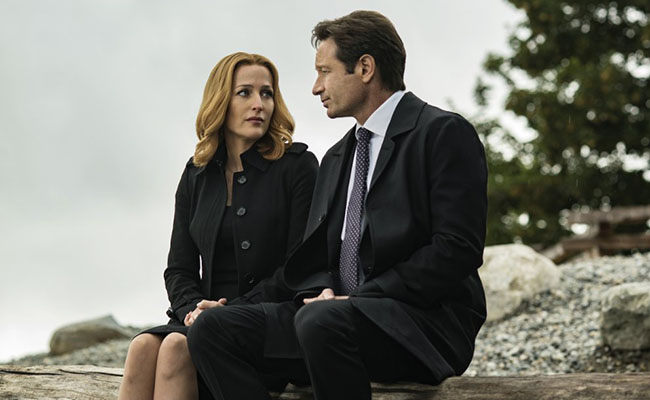
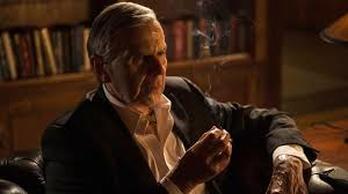

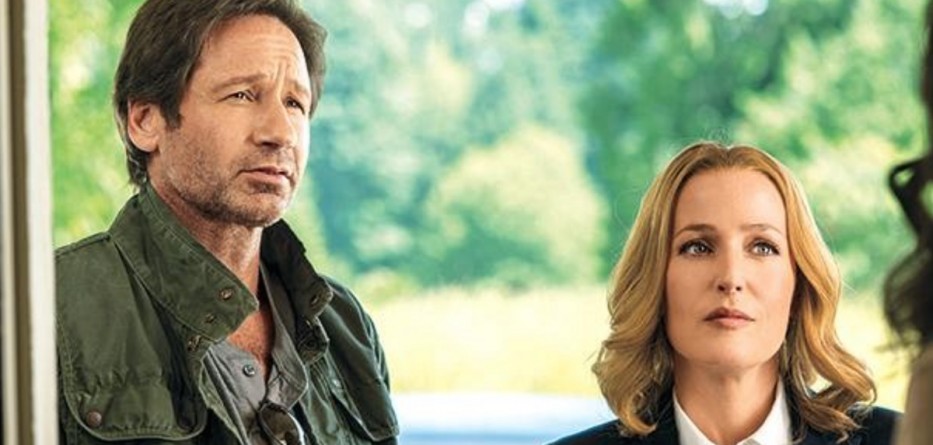
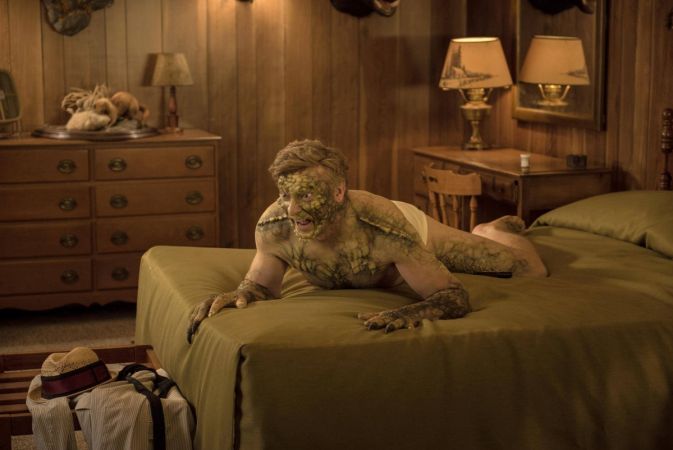
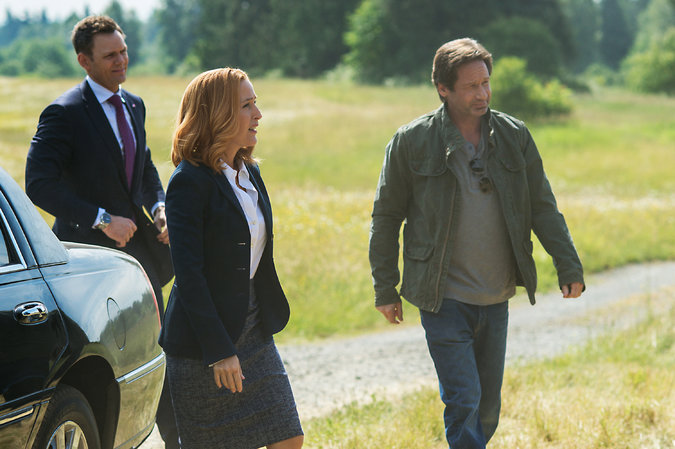
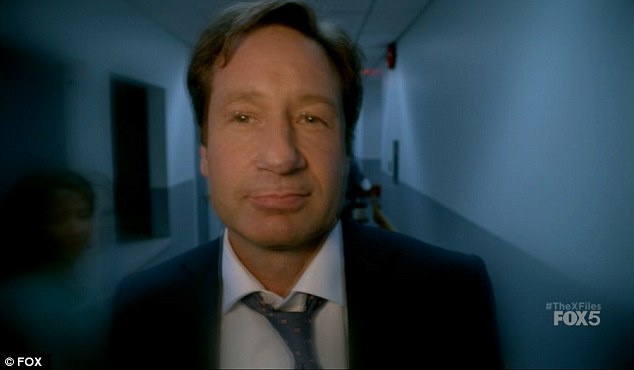
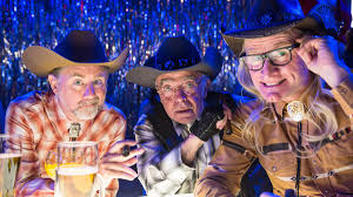
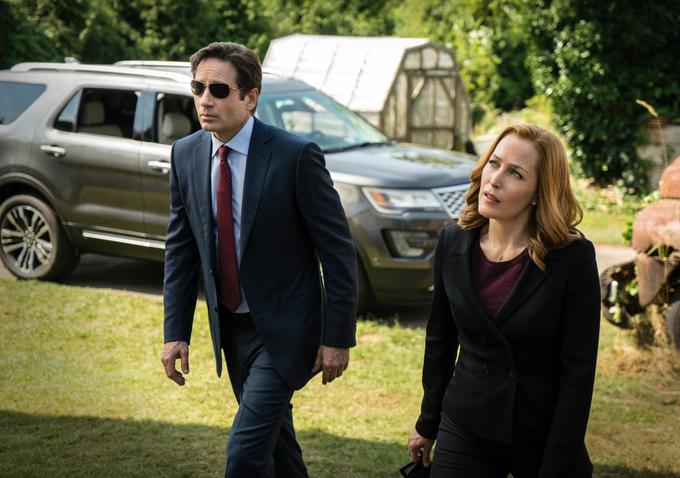
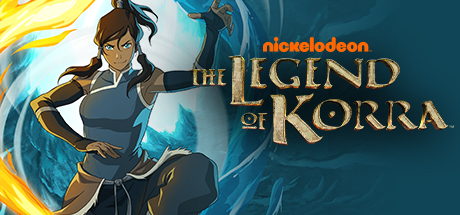
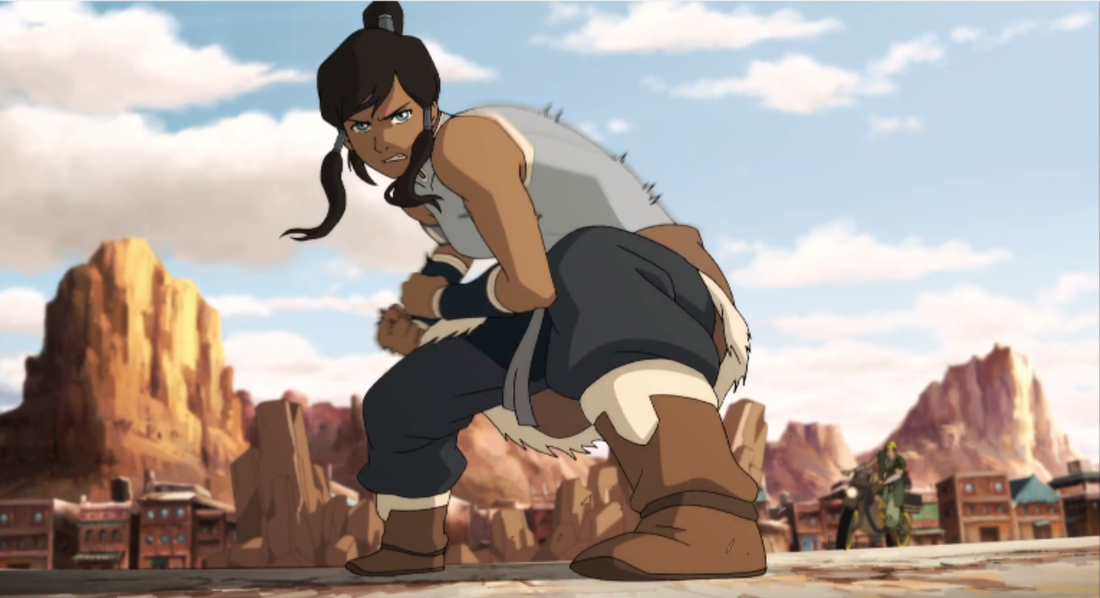
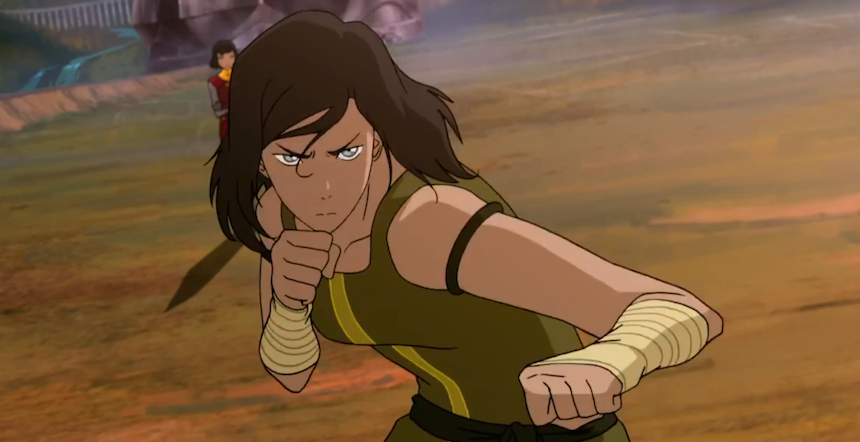
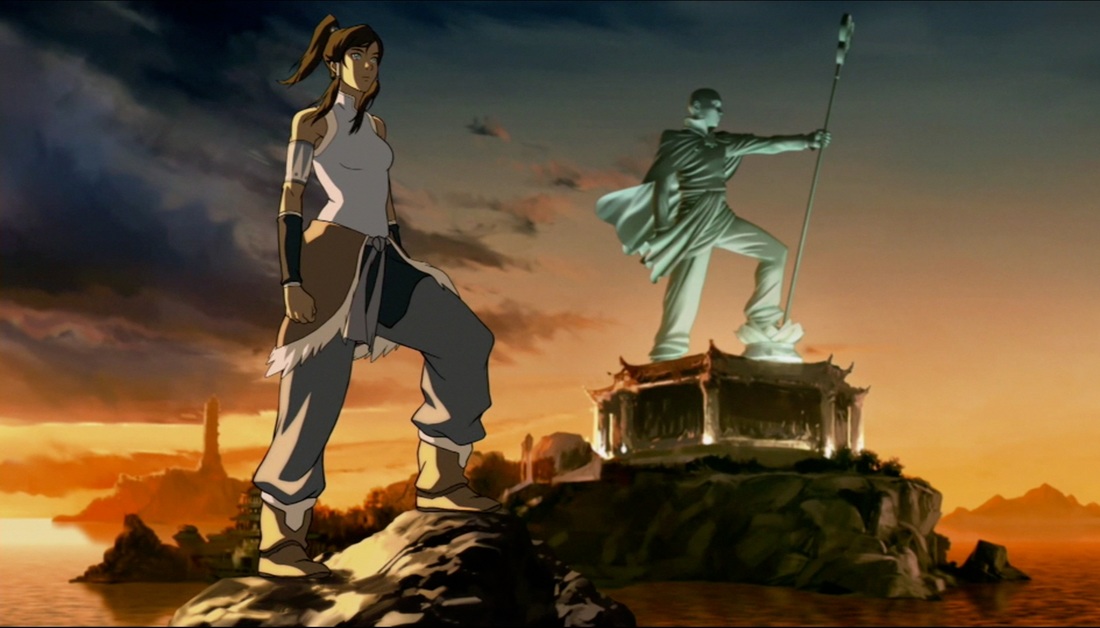

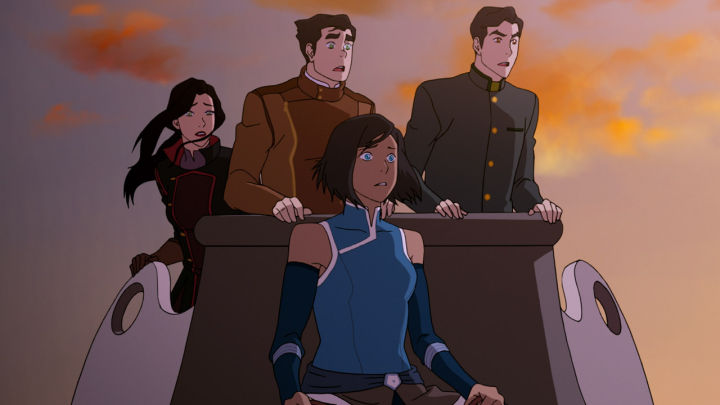
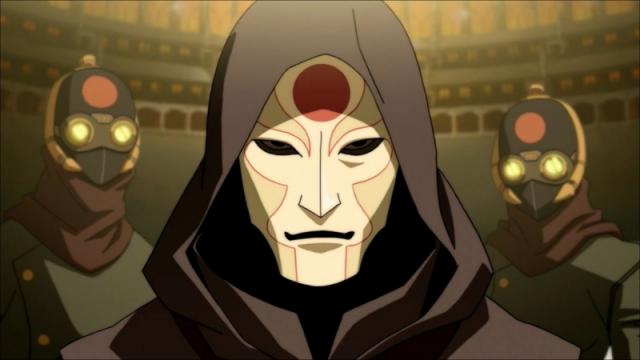
 RSS Feed
RSS Feed
